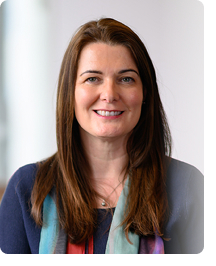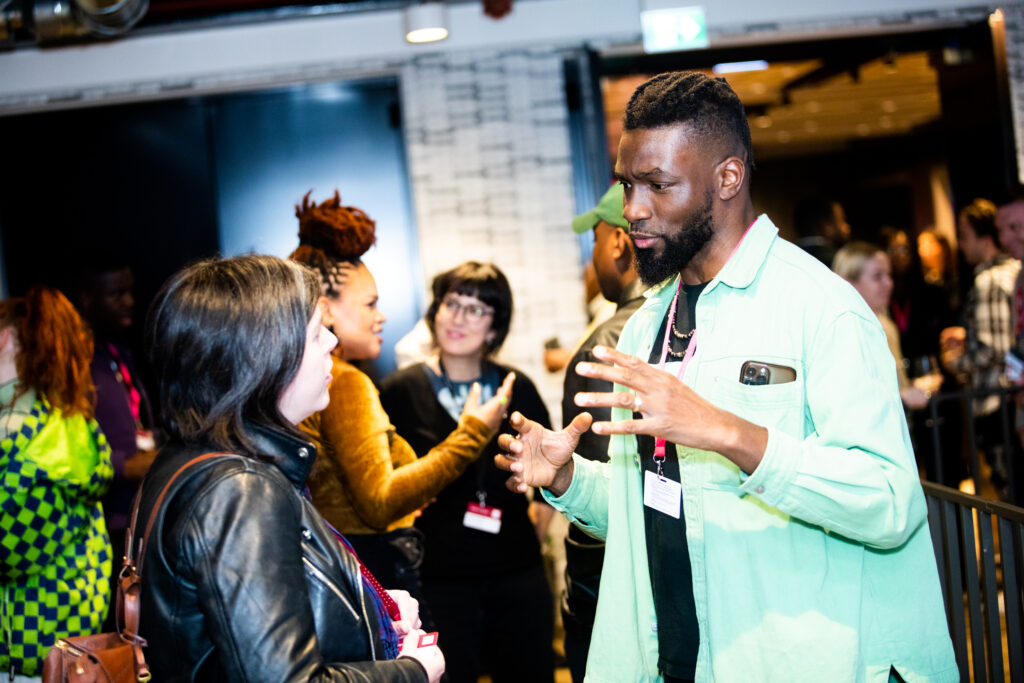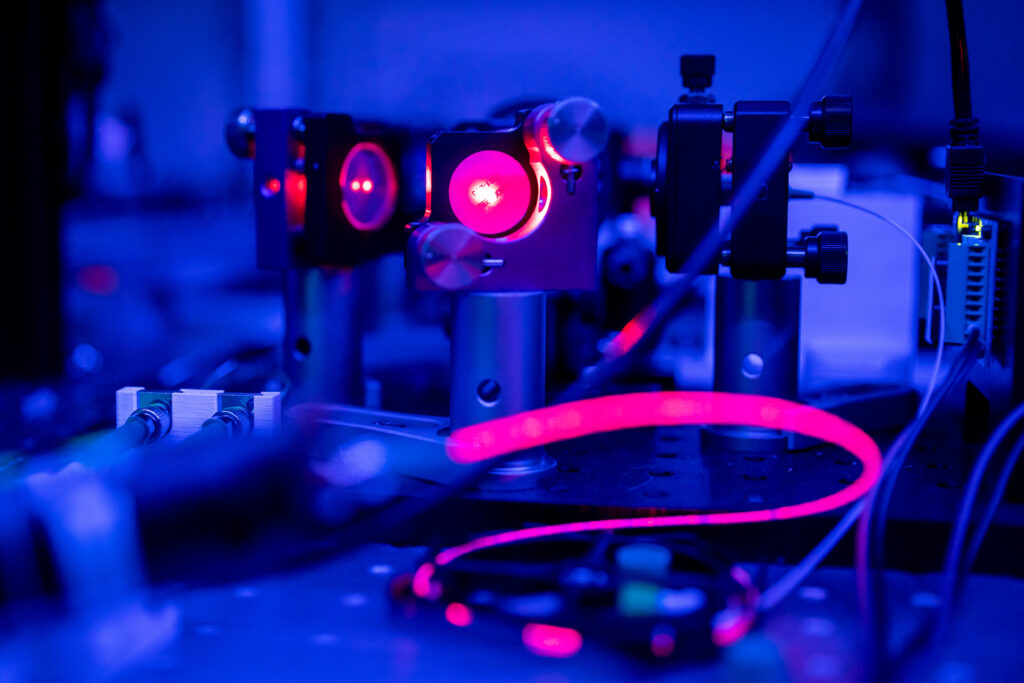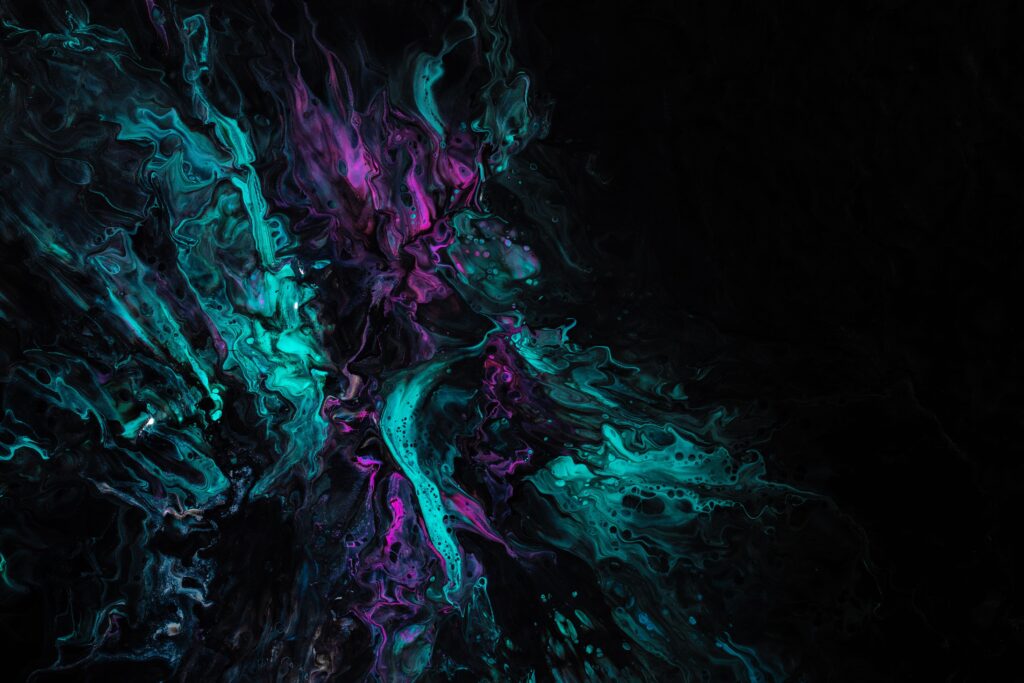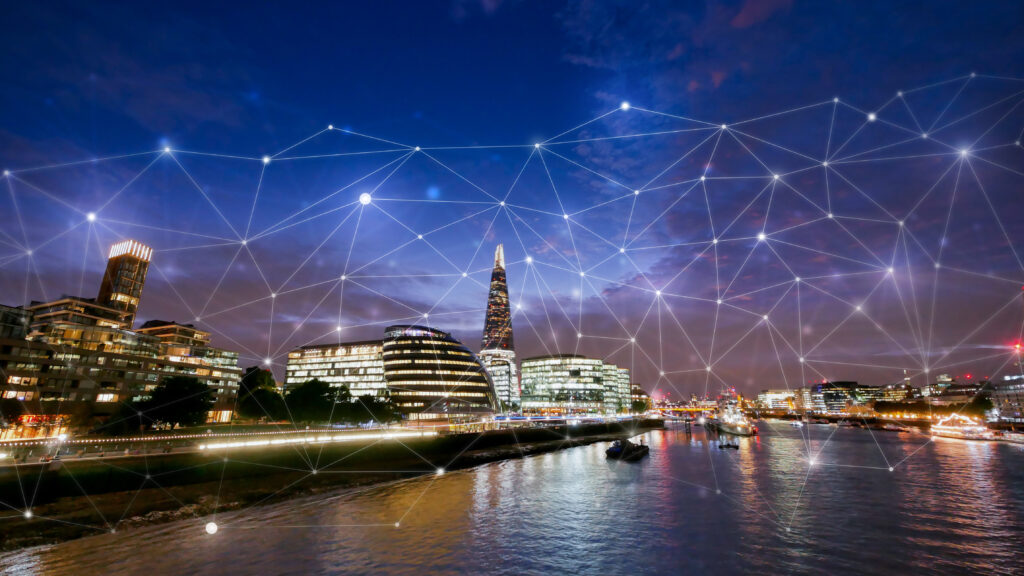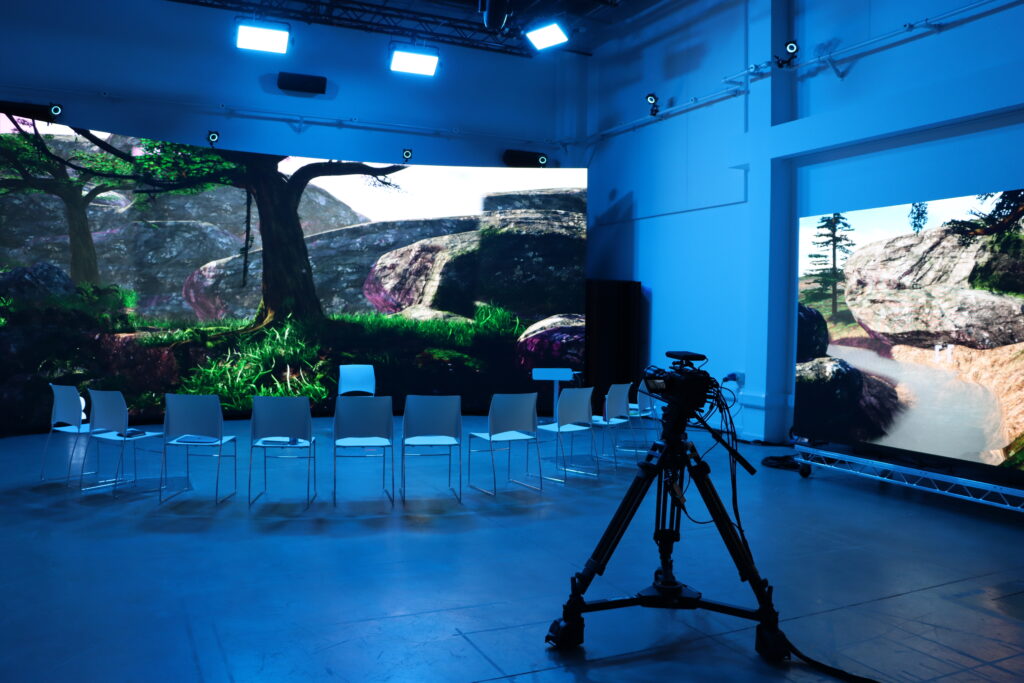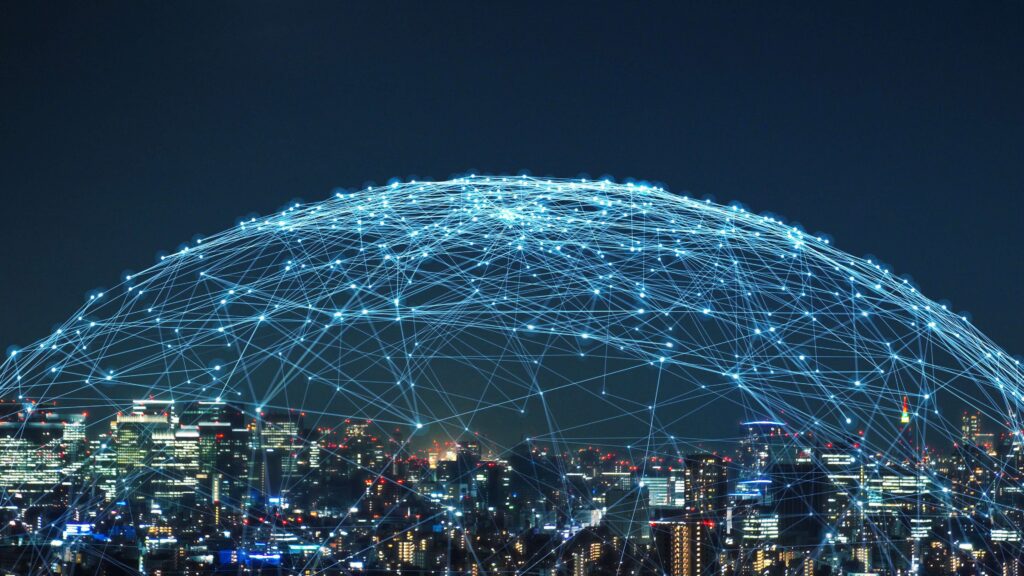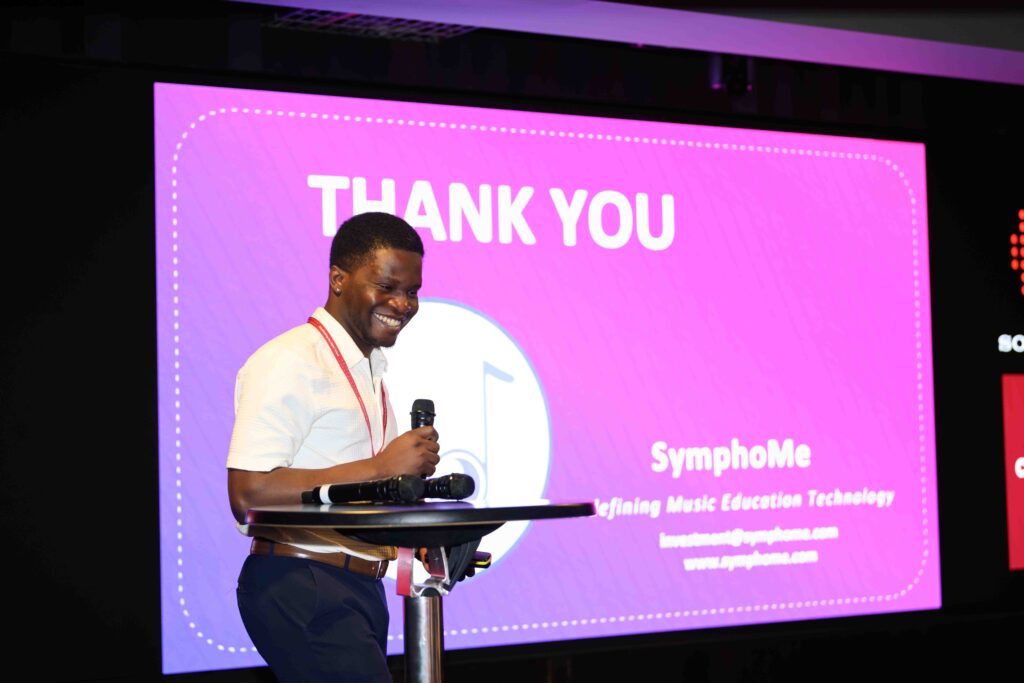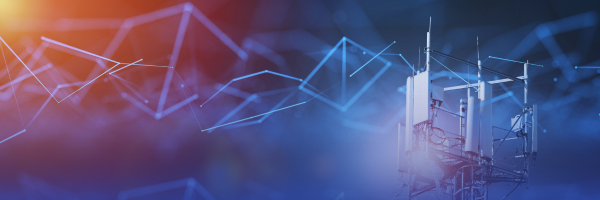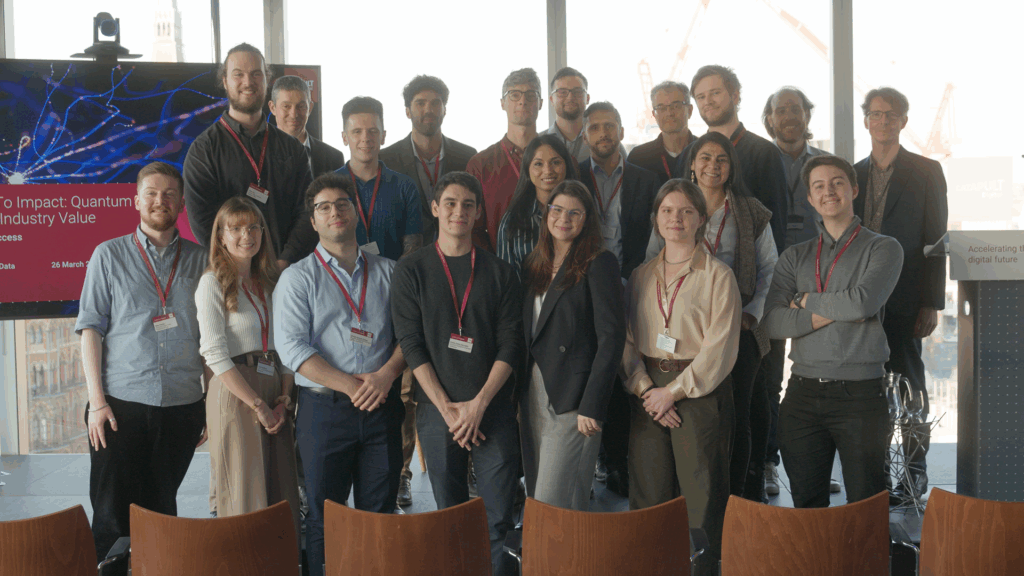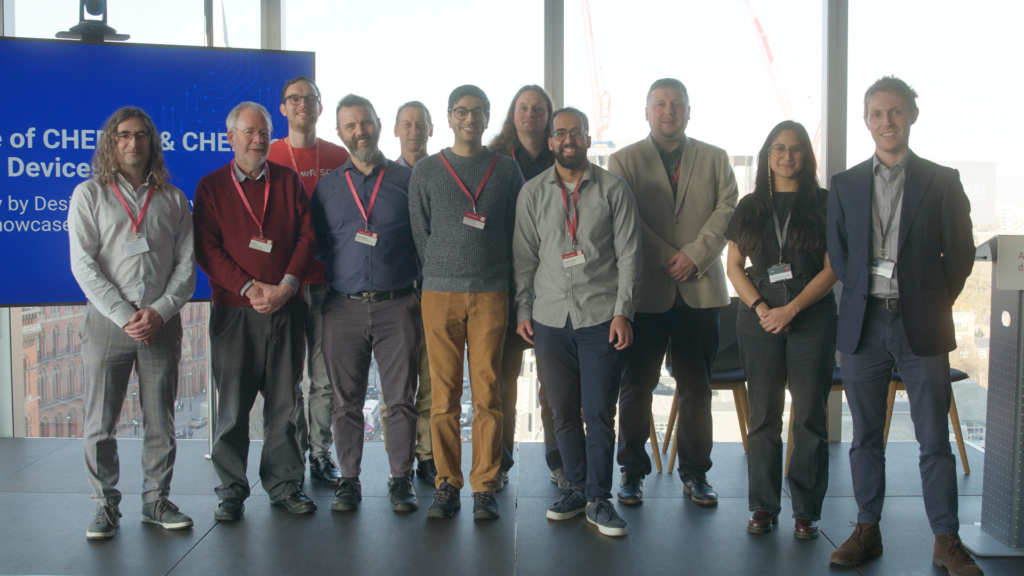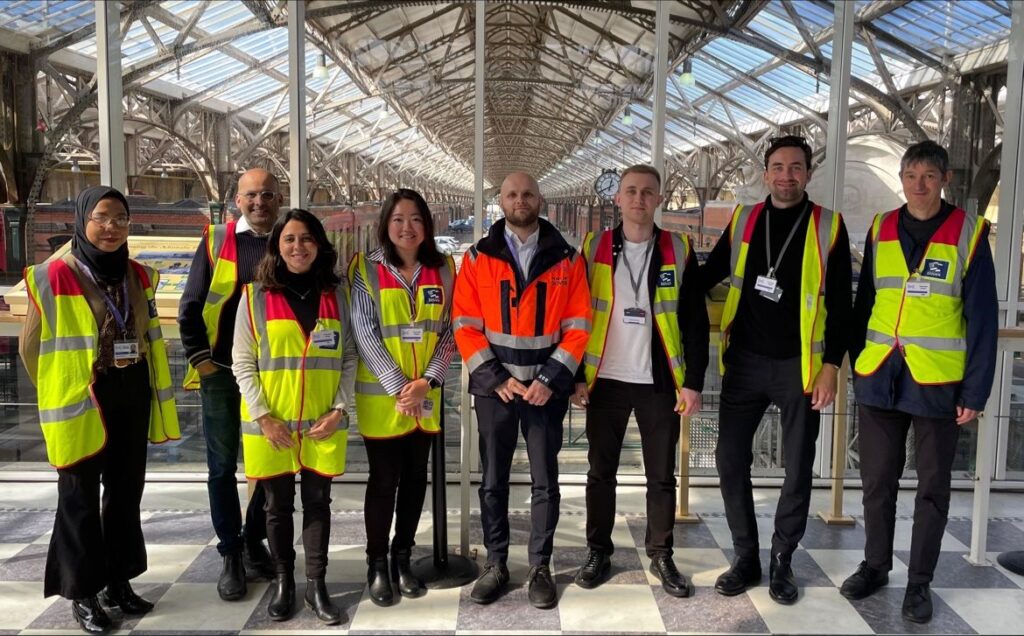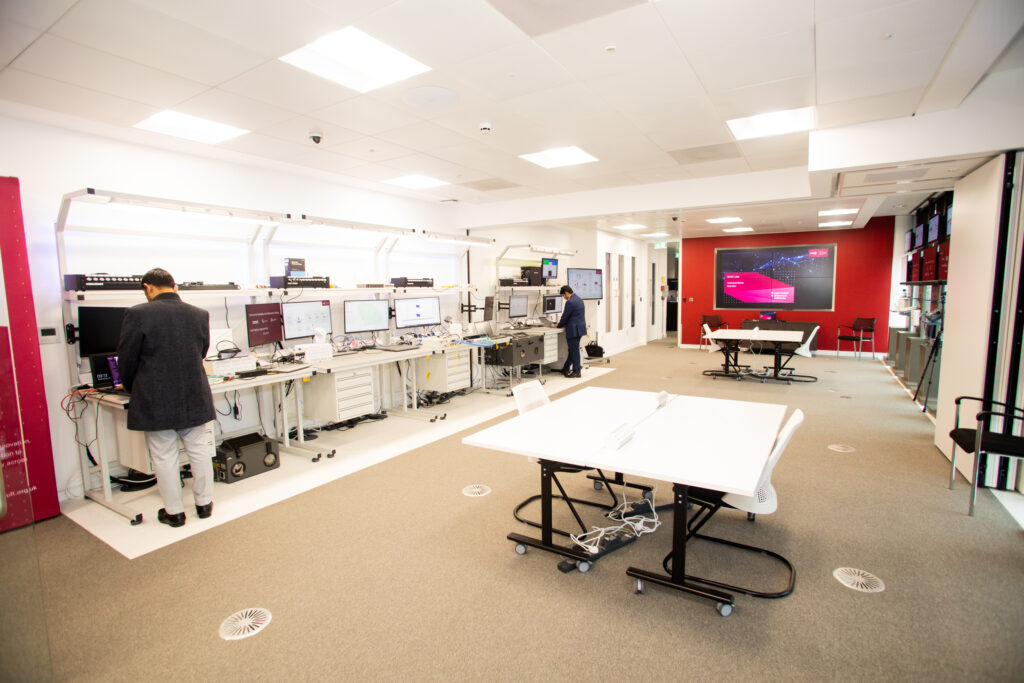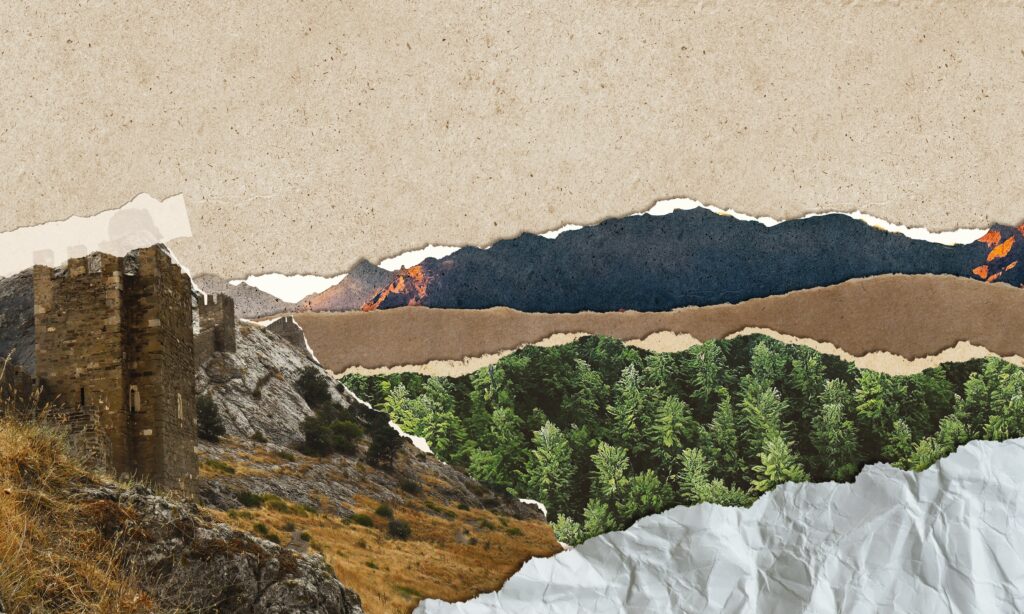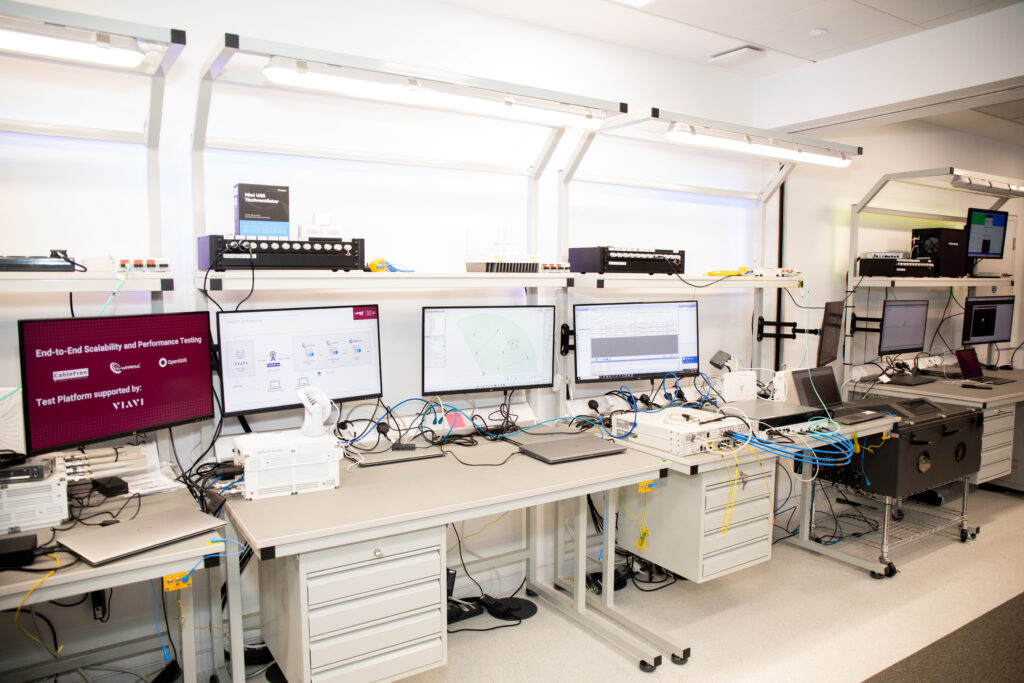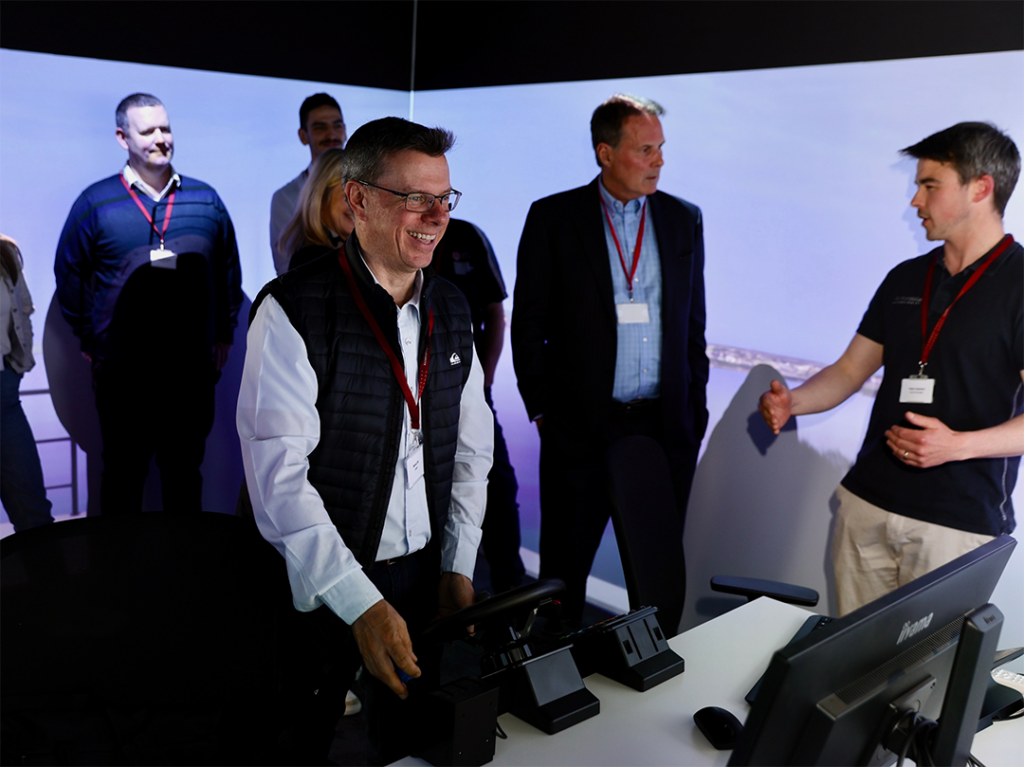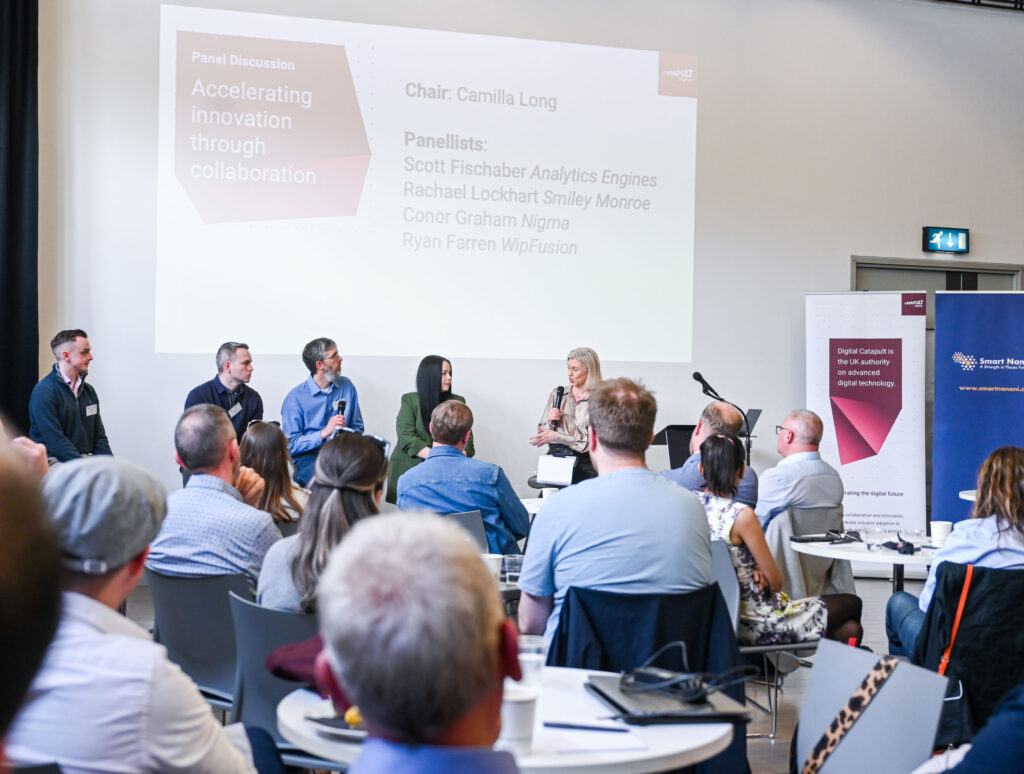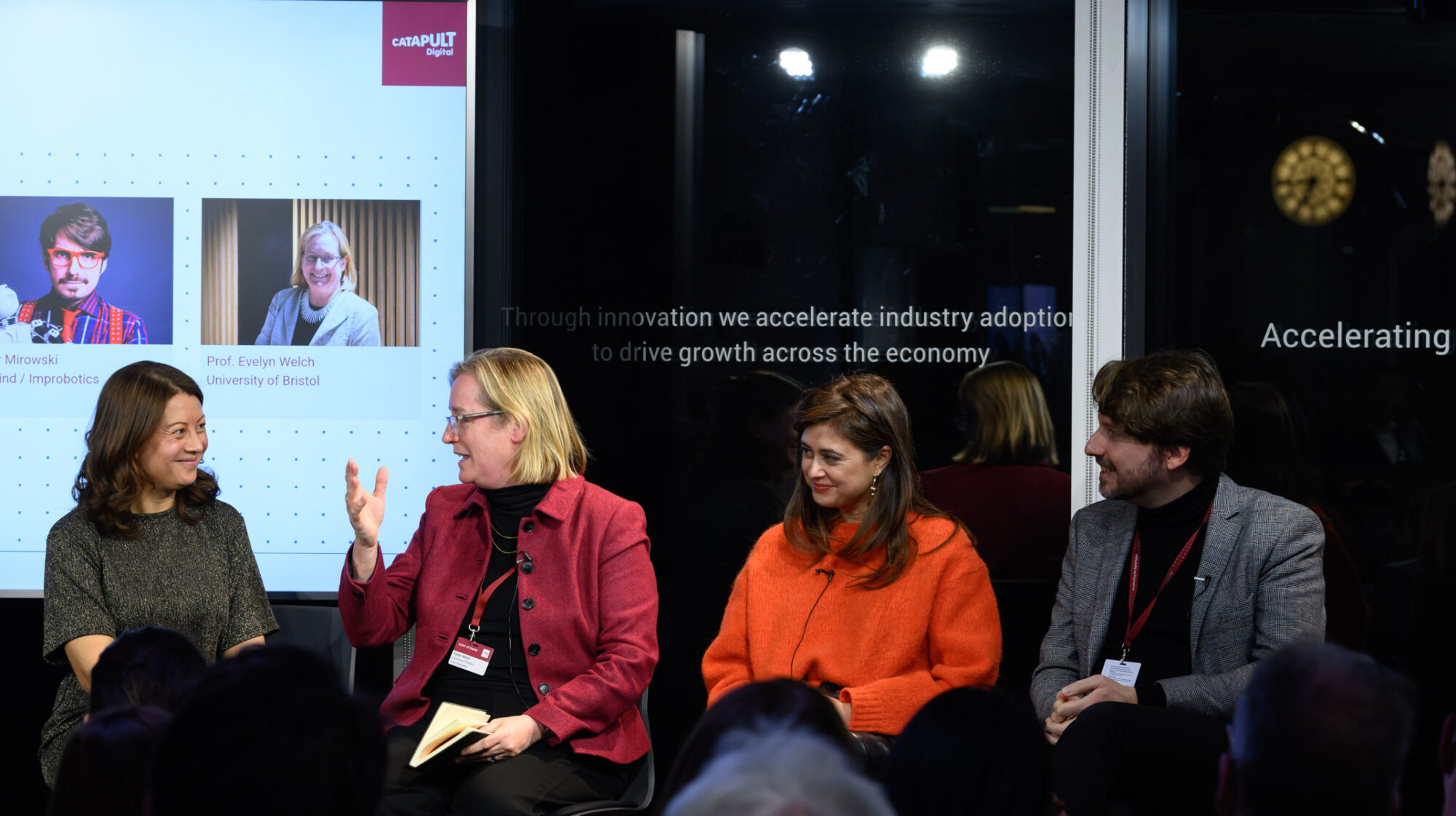2023 marks a decade of work to grow the UK’s economy and technology ecosystem. Two panel discussions during our 10th anniversary event reflected on Digital Catapult’s impact and examined the most pressing future challenges for the creative and manufacturing industries.
Jessica Driscoll, our director of immersive technology, was joined by Suhair Khan, tech entrepreneur and lecturer at Central Saint Martins College of Art & Design, Dr Piotr Mirowski, staff research scientist at DeepMind, and Professor Evelyn Welch, vice-chancellor and president of the University of Bristol, to discuss “Will technology ignite a new golden age of creativity?”
Interactions are evolving between artist and machine
Computers can be extremely empowering tool for artists, if used in a responsible way. For example, generative AI is being used by a theatre company improvise comedy – the tool has grown from a nonsense generator to almost like a tool for ideation.
Technology should engage with different types of intelligence
Intelligence is not just cognitive. In a project with Studio Wayne McGregor, machine learning helped to translate movement into a tool to choreograph dance. This kind of explorative, creative process helps to inform the way technologies evolve and are designed outside of what is expected from a business perspective.
There’s a tension between creation and digital monetisation
Artists will be creative with whatever tools are at their disposal, this attitude is far more powerful than an artist’s desire to monetise it – for some. But many people have the opposite point of view. There has to be a role for commercial intervention, to ensure those initial sparks are not shut down.
And disagreement over whether generative AI could replace human art completely
Dr Piotr Mirowski explained who he didn’t see how AI could replace anything that has to do with an instinctive expression of who we are as humans. AI might never perform at a human level. The way art is assessed is subjective and specific to our own appreciation of a connection. Professor Evelyn Welch disagreed, arguing that in some way, we are already there and that there is a danger it will creep up on us if we’re not careful.
What can other industries learn from the creative world?
Artists’ question themselves and the world around them. Paired with the imagination and possibility, which is where technology can play a role, there is the potential for amazing future possibilities.






